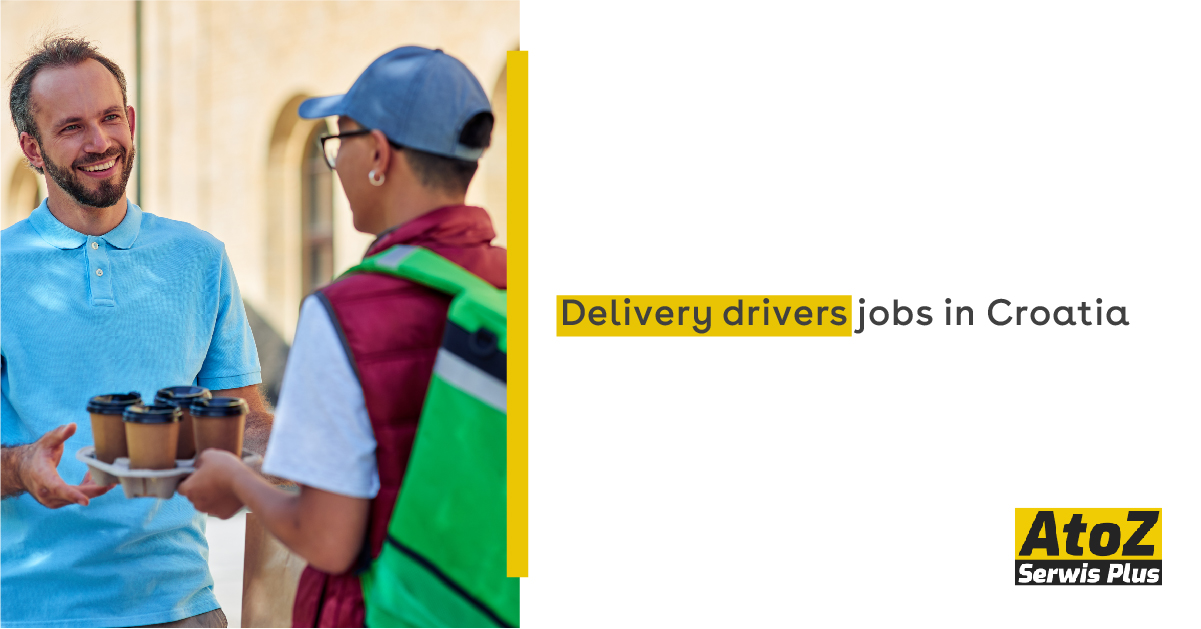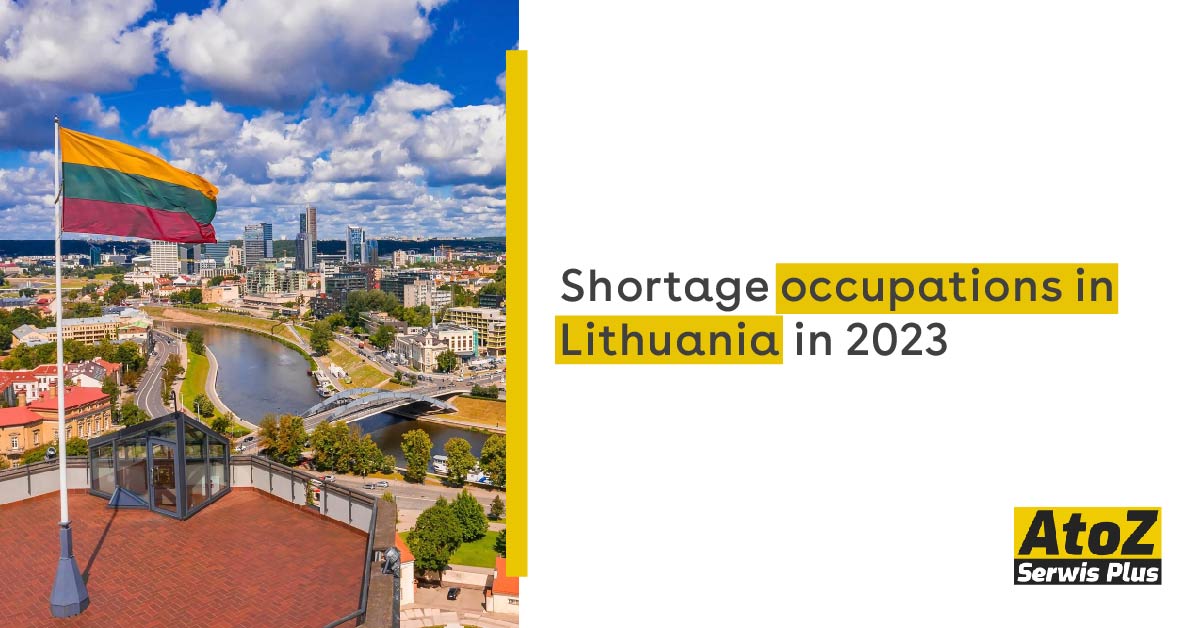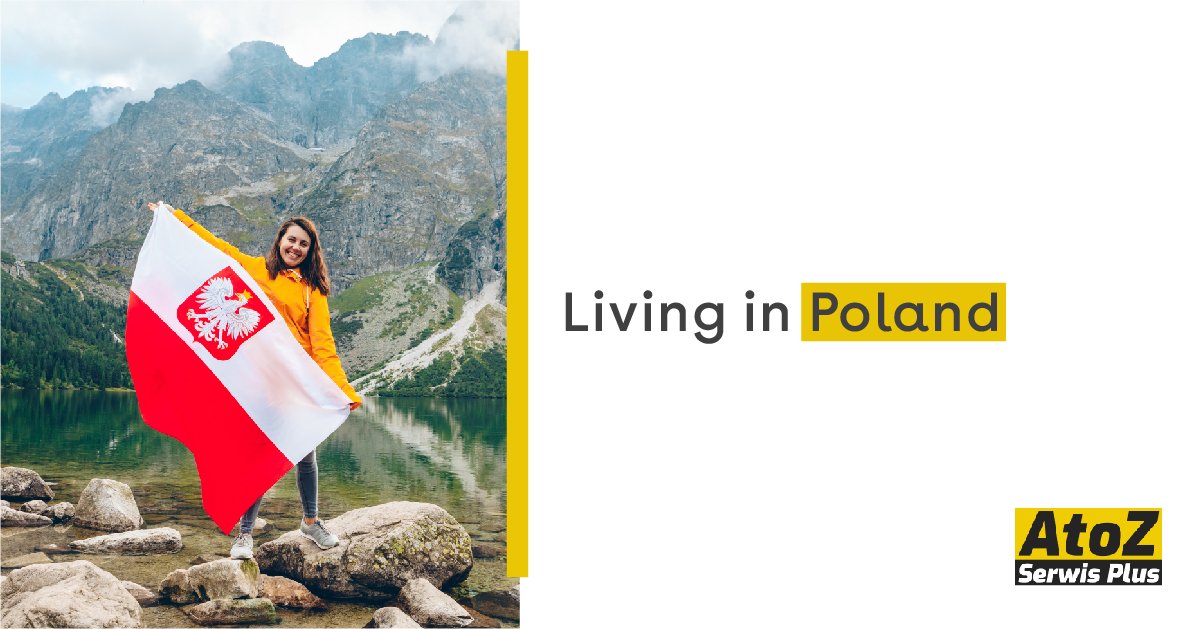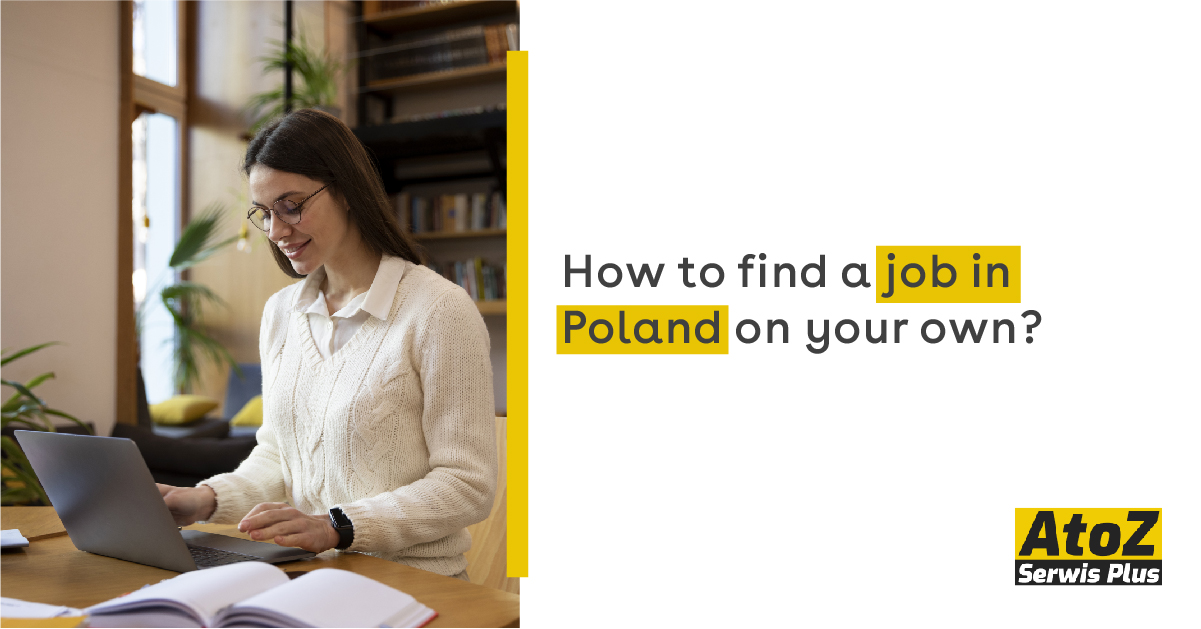

Which European Country Offers the Easiest Work Permit Process
Europe is a prime destination for international workers seeking career opportunities. The ease of obtaining a work permit varies from country to country and is influenced by labour market needs, immigration policies, and bilateral agreements. Here is a breakdown of the European countries with the most straightforward work permit processes:
1. Germany
Germany is renowned for its streamlined process for skilled workers, especially under the new Skilled Immigration Act.
- Who is eligible? Skilled professionals with relevant qualifications or vocational training.
- Key features:
- Blue Card for high-salaried professionals.
- Jobseeker visa allows applicants to find work within six months.
- High demand for IT specialists, engineers, and healthcare professionals.
- Processing time: 4–6 weeks.
- Language requirement: Basic knowledge of German (A1–A2) for many positions.
2. Poland
Poland is an excellent choice for workers in blue-collar and seasonal jobs, given its high labour demand and simplified processes.
- Who is eligible? Workers from non-EU countries, mainly Eastern Europe and Asia.
- Key features:
- Short-term work permits (valid for 6–9 months).
- Lower fees compared to other EU nations.
- Quick visa sponsorships for agriculture, construction, and manufacturing.
- Processing time: 2–4 weeks.
- Language requirement: Minimal, though Polish can be an asset.
3. Czech Republic
Known for its demand in manufacturing and IT, the Czech Republic has a worker-friendly visa system.
- Who is eligible? Professionals and skilled workers from non-EU countries.
- Key features:
- Employee Card combines work and residence permits.
- Easy employer sponsorship.
- High demand in automotive, IT, and logistics sectors.
- Processing time: 2–3 months.
- Language requirement: English is required for IT jobs; Czech is needed for local industries.
4. Portugal
Portugal offers a simple visa process for various job categories and has a friendly policy for international workers.
- Who is eligible? Skilled and unskilled workers.
- Key features:
- Shortage occupations list expedites permits.
- Golden Visa for investors also allows family reunification and work.
- Flexible options for seasonal and permanent roles.
- Processing time: 4–8 weeks.
- Language requirement: Portuguese for most jobs, though English suffices for some roles.
5. Ireland
Ireland provides an efficient system for skilled professionals through its Critical Skills Employment Permit.
- Who is eligible? High-demand professionals in IT, healthcare, and engineering.
- Key features:
- No labour market test for critical skills jobs.
- Family reunification is allowed immediately.
- Transition to permanent residence is straightforward.
- Processing time: 2–3 months.
- Language requirement: English proficiency is essential.
6. Lithuania
Lithuania has become popular due to its straightforward process and growing industries.
- Who is eligible? Skilled and semi-skilled workers.
- Key features:
- Fast-tracked process for IT and skilled trades.
- There is low competition for work permits compared to other EU countries.
- High demand in logistics, manufacturing, and IT.
- Processing time: 1–2 months.
- Language requirement: English or Russian proficiency.
FAQs About Work Permits in Europe
Here are some frequently asked questions (FAQs) about obtaining work permits in European countries:
1. What is a work permit?
A work permit is a legal document issued by a country's government that allows a foreign national to work within its borders for a specified period and under certain conditions.
2. Which European countries have the most straightforward work permit process?
Countries like Poland, Lithuania, Portugal, Germany, and the Czech Republic are known for their relatively straightforward and faster work permit processes.
3. Do I need a job offer to apply for a work permit?
You need a confirmed job offer from an employer in the destination country. Some countries, like Germany, offer jobseeker visas to help you find work while residing there.
4. How long does it take to process a work permit?
- Germany: 4–6 weeks.
- Poland: 2–4 weeks.
- Czech Republic: 2–3 months.
- Portugal: 4–8 weeks.
- Lithuania: 1–2 months.
5. Can I bring my family with me on a work permit?
- Many European countries, like Germany, Ireland, and Portugal, allow family reunification.
- Specific conditions, such as income requirements, must often be met to bring dependents.
6. What jobs are in high demand in Europe?
- Blue-collar jobs: Construction, agriculture, logistics, and manufacturing (e.g., Poland, Lithuania).
- White-collar jobs: IT, healthcare, engineering, and finance (e.g., Germany, Ireland).
7. Do I need language skills to apply for a work permit?
- For jobs in IT, engineering, and multinational companies, English is often sufficient.
- For blue-collar jobs and local industries, knowledge of the local language (e.g., Polish, Portuguese, Czech) is an advantage.
8. What are the standard documents required for a work permit?
- Valid passport.
- Job offer letter or employment contract.
- Proof of qualifications or work experience.
- Health insurance.
- Proof of accommodation in the destination country.
- Visa application form (if applicable).
9. Can a work permit lead to permanent residency?
Many European countries offer pathways to permanent residency after specific legal employment (e.g., 5 years in Germany or Ireland).
10. What happens if my work permit application is denied?
- You can appeal the decision by providing additional documents or correcting any mistakes.
- Alternatively, you can reapply with a more vigorous application or explore other countries with easier processes.
11. Are work permits transferable between employers?
- In some countries, like Germany, changing employers with the same work permit is possible but requires notifying immigration authorities.
- In others, like Poland, a new work permit may be needed if you switch jobs.
12. Can students work in Europe while holding a student visa?
Yes, most European countries allow students to work part-time while studying. Post-graduation, students can apply for work permits or job-seeking visas.
13. How much does a work permit cost?
Work permit fees vary by country:
- Poland: ~€100.
- Germany: ~€75.
- Czech Republic: ~€200.
- Portugal: ~€100.
- Lithuania: ~€120.
14. Do seasonal workers need a different permit?
Yes, seasonal work permits are usually short-term and have specific conditions tailored to agriculture, tourism, or hospitality industries.
15. Can I work in multiple EU countries with one work permit?
No, a work permit is valid only for the issuing country. However, EU Blue Card holders may have the flexibility to move between participating EU countries.
16. Is health insurance mandatory for a work permit?
Valid health insurance is mandatory for almost all European work permits.
Conclusion
While countries like Poland and Lithuania are ideal for blue-collar jobs due to their swift and affordable processes, nations such as Germany and Ireland cater to skilled professionals with clear pathways to permanent residence. When choosing a destination, consider the job market, required qualifications, language skills, and long-term goals.
With proper guidance, securing a European work permit can be a hassle-free process tailored to your needs.
Contact Us
AtoZ Serwis Plus has over 14 years of experience and assists thousands of job seekers annually, making it a leader in workforce solutions across Europe.
Advice Disclaimer:
Would you like some advice? So that you know, the information included here is only for you to look over. Always consult your legal and tax advisor(s) and follow their guidance. AtoZ Serwis Plus cannot assist with legal or tax matters. The information provided is general and is not specific to any particular company, workforce, or jurisdiction.
AtoZ Serwis Plus makes no representations or warranties regarding this information's completeness, accuracy, or timeliness. We are not liable for any losses incurred using or relying on this content. Please be sure to exercise caution when using this information.
Disclaimer:
AtoZSerwisPlus.com is a FREE visa database and marketplace for immigration experts. This page does not provide legal advice. If you are applying, could you consult an expert?


















